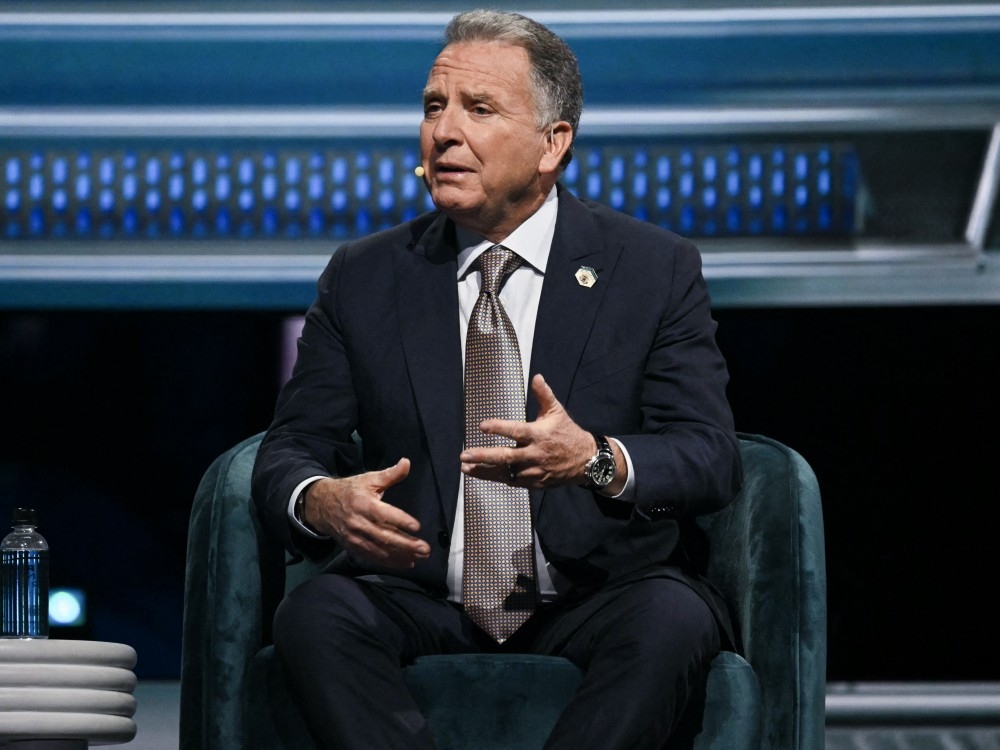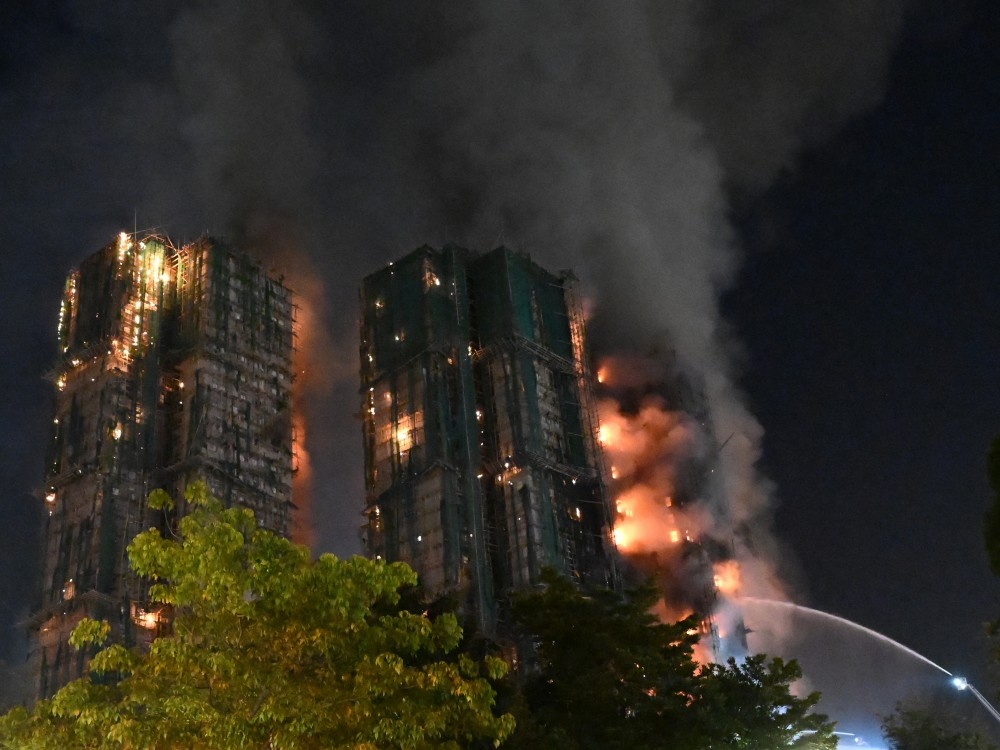Robert Dear, the man accused of a horrific 2015 attack on a Colorado Planned Parenthood clinic, has died in federal custody at the age of 67. His death, attributed to natural causes at a medical center in Springfield, Missouri, closes a deeply troubling chapter marked by tragedy and legal battles.
The November 27th, 2015 attack unfolded with chilling speed and brutality. Dear arrived at the clinic armed with a staggering arsenal – four SKS rifles, five handguns, two additional rifles, a shotgun, and over 500 rounds of ammunition, alongside propane tanks – intending, according to the Justice Department, to wage “war” against the facility due to its provision of abortion services.
The violence began immediately, targeting individuals outside the clinic. Dear first opened fire on people near his vehicle, fatally shooting one and critically wounding two others. He then stormed the building, unleashing a relentless barrage of gunfire on those inside and those attempting to help.
A harrowing five-hour standoff ensued, involving multiple law enforcement agencies – Colorado Springs Police, El Paso County Sheriff’s Office, University of Colorado campus police, and the fire department. Throughout the ordeal, Dear continued to fire upon first responders, resulting in further bloodshed and chaos.
Three lives were tragically cut short that day. Ke’Arre Stewart, a 29-year-old Army veteran and father of two, was accompanying a friend to the clinic. Jennifer Markovsky, a 36-year-old mother of two originally from Hawaii, also perished while supporting a loved one. Campus police officer Garrett Swasey, responding to the active shooter situation, made the ultimate sacrifice.
Nine other individuals sustained injuries during the attack, leaving lasting physical and emotional scars on the community. The clinic, a place intended for healthcare, became a scene of unimaginable horror and loss.
Dear’s prosecution was repeatedly delayed as he was deemed incompetent to stand trial, sparking a protracted legal struggle over whether he could be forcibly medicated for his delusional disorder. He remained in federal custody, civilly committed to the Federal Bureau of Prisons, while the legal complexities unfolded.
The 4th Judicial District Attorney, Michael J. Allen, expressed profound disappointment at the closure of the case, stating that the victims and the community were denied the full measure of justice they deserved. The case now ends not with a trial, but with a somber acknowledgment of the lives lost and the unanswered questions that remain.






